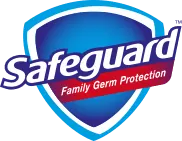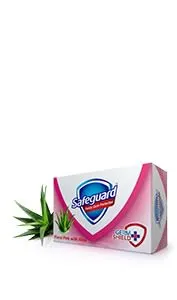- Home/
- Health Education/
- Skin Health & Protection/
Caring for Sensitive Skin in Your Family
Caring for Sensitive Skin in Your Family
SHARE
Does someone in your family have sensitive skin? Many people experience reactions to soaps, lotions, or other skin-care products, such as itching, stinging, burning, or redness. These same reactions may occur because skin is overly dry, or due to environmental factors, such as sun, wind, or excessive temperatures. Areas of dry, flaky skin or swollen skin can be an entry point for germs. If these reactions occur without intensifying, they may be symptoms of mild skin sensitivity. Here are ways you can protect against incidences of mild skin sensitivity:
- Choose facial cleansers, moisturizers, and other household items that have doctor-recommended ingredients and little or no fragrance.
- Avoid products containing alcohol or alpha-hydroxy acids.
- Remove yourself from extreme weather exposure, or wear proper protective clothing.
- Avoid synthetic fabrics. Smooth, soft, natural fabrics such as cotton, silk, and linen will likely feel better and will have less chance of causing a reaction.
- If you are planning to use a new cosmetic product, first test it on a small area of your skin to make sure there is not a negative reaction.
Sensitive Skin Conditions
Some of the same symptoms of mild skin sensitivity (itching, redness, burning) can also be symptoms of diagnosable skin-care conditions. Your dermatologist will look for more specific symptoms to help make the correct diagnoses. To help you understand when it might be time for a visit to the dermatologist, here is an overview of common skin conditions and possible treatments.1
ACNE
| Blackheads, whiteheads,papules, pustules, cysts, ornodules |
| There are lots of ways to helpprevent or care for acne, rangingfrom adopting healthy everydayhygiene to prescription-basedmedications. |
ROSACEA
| Facial flushing, pimples,and broken blood vesselson the face |
| Anti-inflammatory ingredients are often the main course of treatment. These can range from natural ingredients, such as chamomile or prescription antibiotics. |
CONTACT DERMATITIS (ALLERGIES)
| Raised red rash, skin blisters, itchiness |
| Hydrocortisone cream, cold compresses, or steroid prescriptions are common treatments. In addition, patch testing can be done to determine the source of allergens. |

